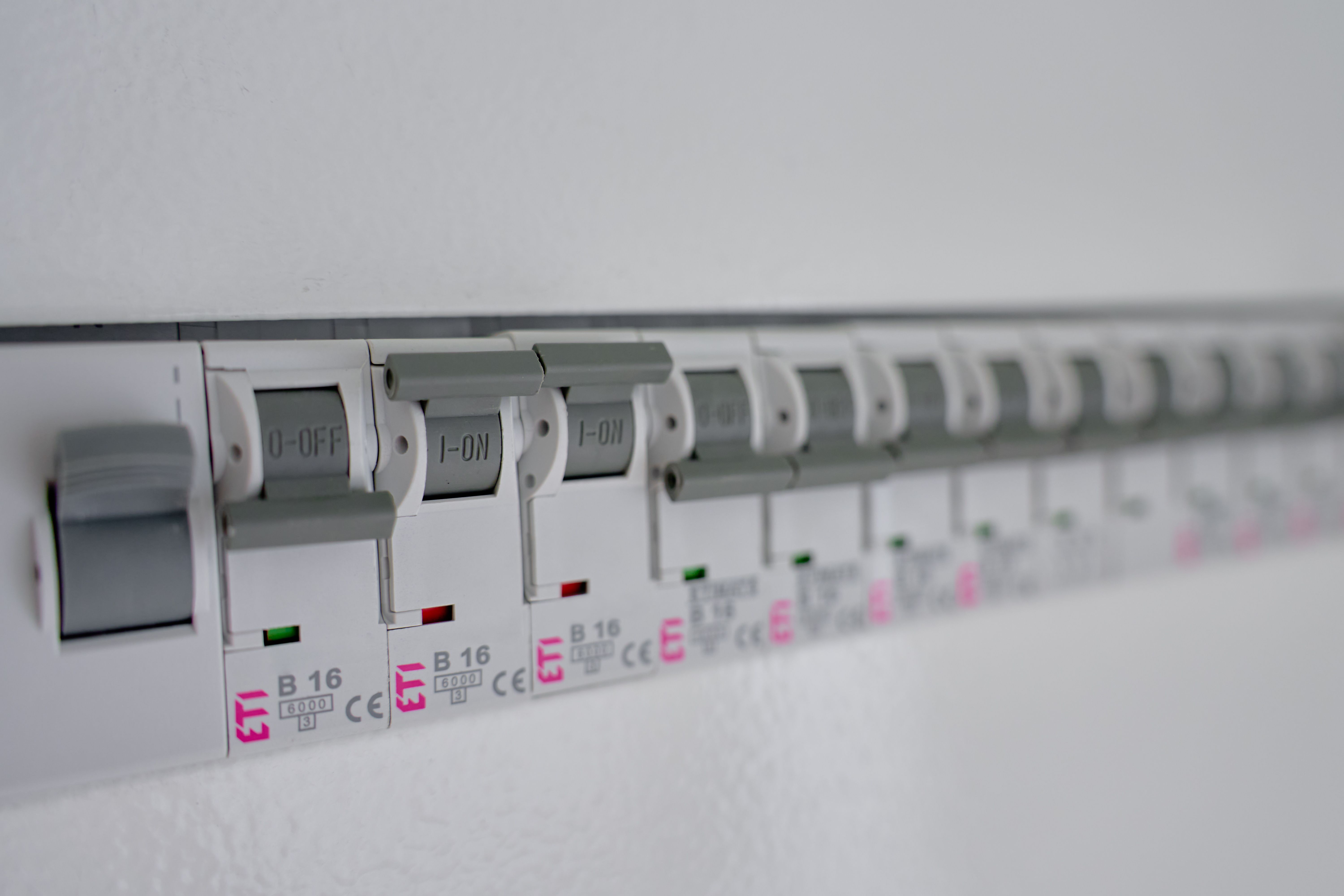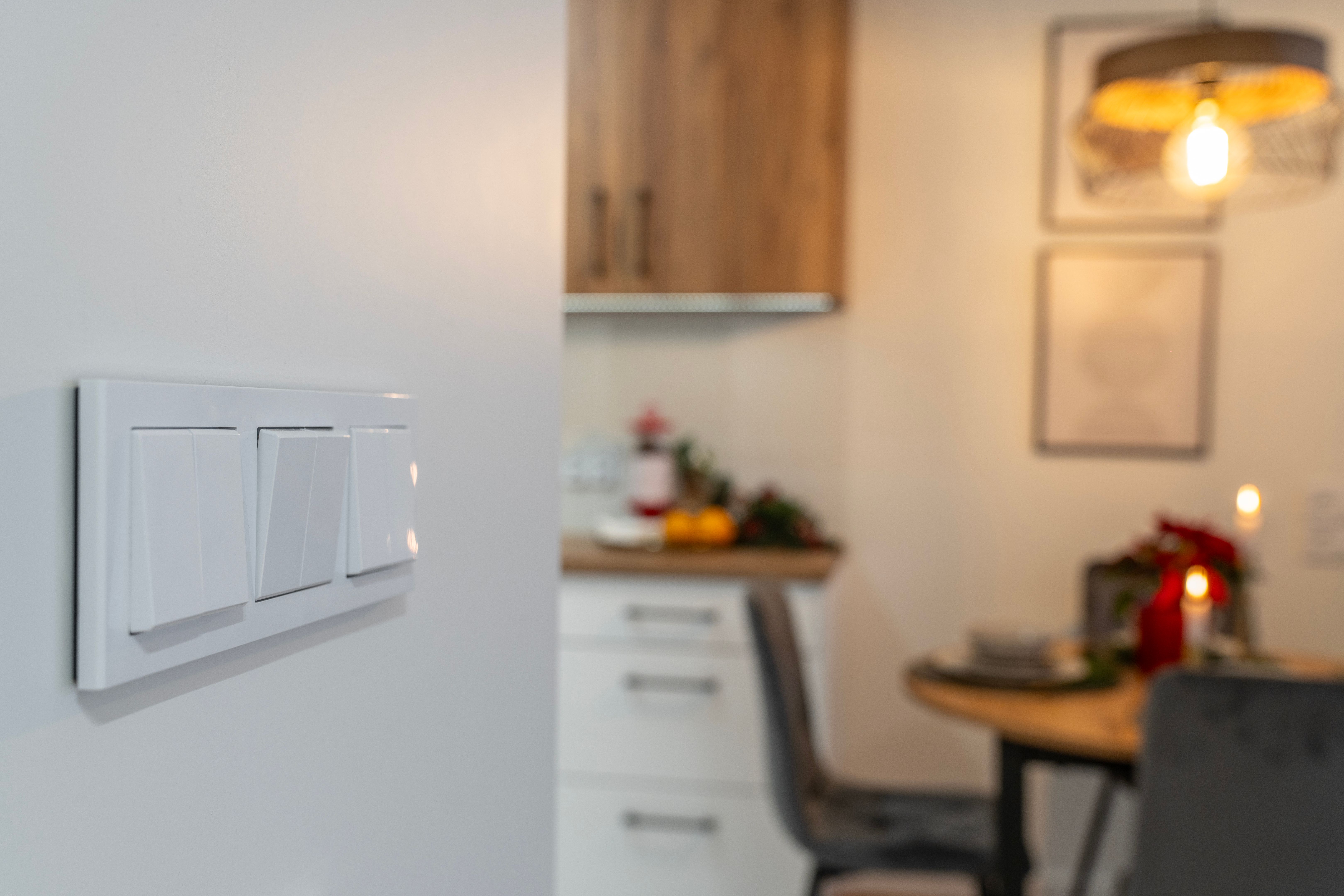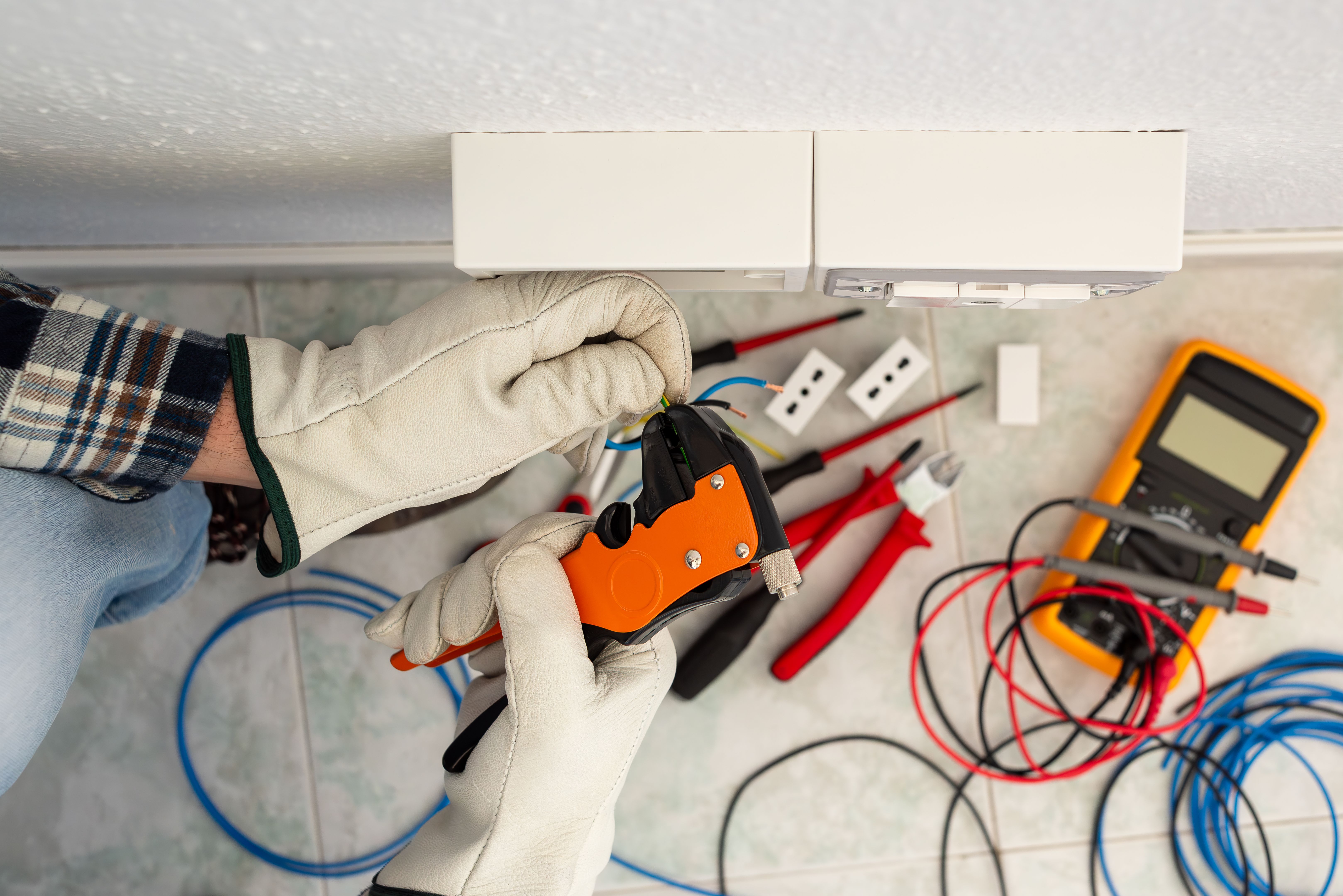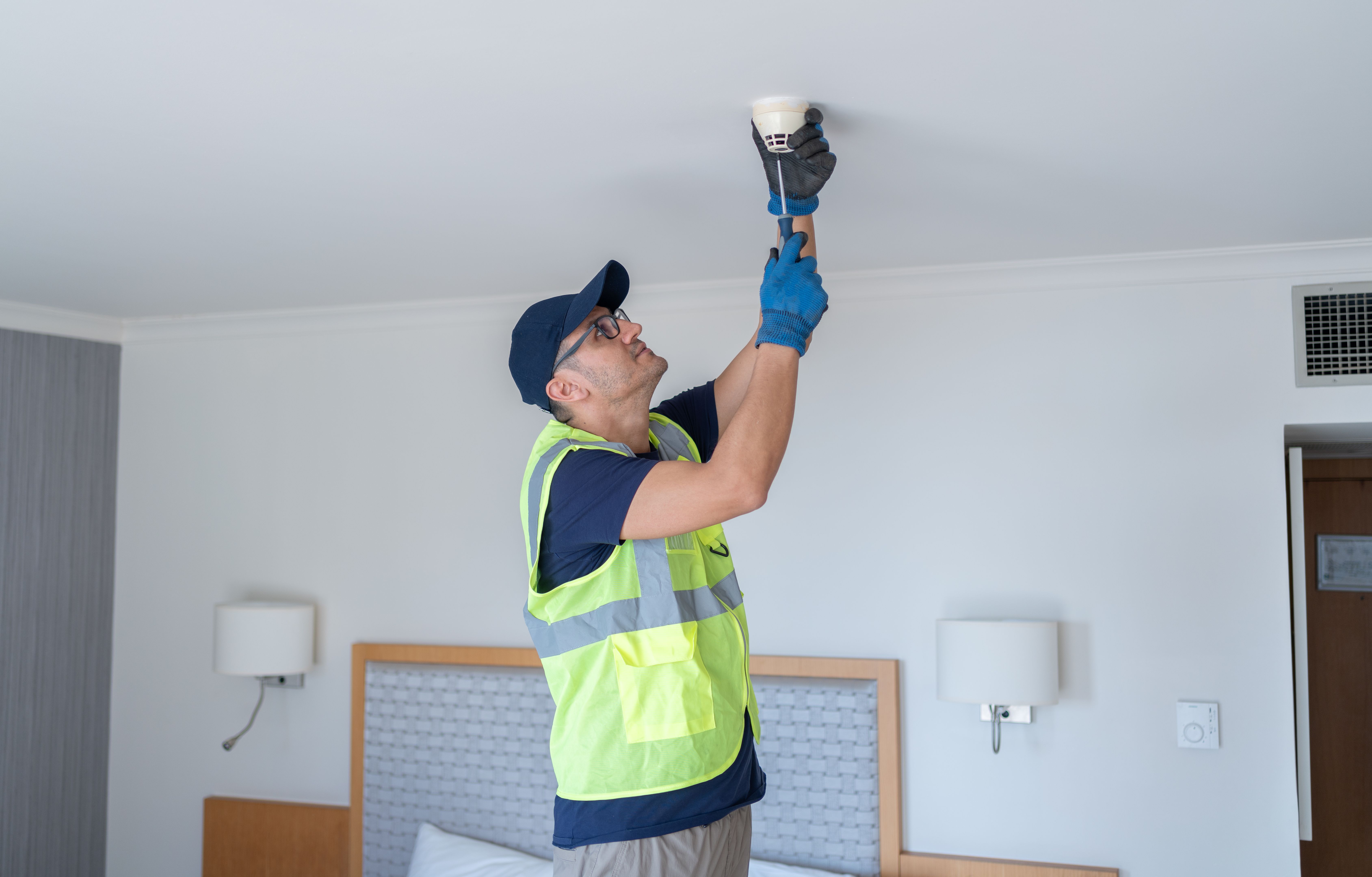DIY Electrical Troubleshooting: Knowing When to Seek Professional Help
Understanding Basic Electrical Troubleshooting
DIY electrical troubleshooting can be a rewarding experience, allowing homeowners to fix minor issues and save on repair costs. However, it is crucial to understand the basics before diving into any electrical project. Start by familiarizing yourself with your home's electrical system, including the circuit breaker panel and the location of outlets and switches.
One of the first steps in troubleshooting is identifying the problem. Are lights flickering? Is there a particular outlet that isn't working? Once you've pinpointed the issue, you can decide if it's something you can handle or if it requires professional assistance.

Common DIY Electrical Fixes
There are a few minor electrical issues that most homeowners can address themselves. For example, replacing a blown fuse or resetting a tripped circuit breaker is straightforward and safe. Additionally, changing a light bulb or tightening loose outlet covers are simple tasks that don't require professional intervention.
Another common issue is a faulty light switch. If you're comfortable with basic tools, you might be able to replace a malfunctioning switch. Always remember to turn off the power at the breaker before starting any electrical work to ensure safety.

When to Consult a Professional
While some electrical issues are simple to fix, others can be complex and dangerous. It's important to know your limits and understand when it's time to call in a professional electrician. Here are some scenarios where professional help is recommended:
- Persistent circuit breaker trips
- Burning smells or scorch marks near outlets
- Frequent power surges
- Wiring that looks damaged or outdated
Attempting to fix these problems without proper knowledge and tools can lead to serious injuries or further damage to your electrical system.

The Risks of DIY Electrical Work
Electrical work carries inherent risks, especially if you're not trained. Handling electrical components without the necessary precautions can result in electric shocks, fires, and even fatal accidents. It's crucial to prioritize safety and know when to step back and let a professional take over.
Additionally, improper repairs can lead to future issues that may not be immediately apparent. A licensed electrician can ensure that all work complies with local codes and is safely executed.
Ensuring Electrical Safety at Home
Regardless of your DIY skills, keeping your home safe from electrical hazards should be a top priority. Regularly inspect your electrical system for signs of wear and tear, and never overload outlets with too many devices. Using surge protectors can help safeguard your appliances from power spikes.
By knowing when to tackle a project yourself and when to seek professional help, you can maintain a safe and efficient electrical system in your home. Remember, when in doubt, it's always best to err on the side of caution and consult a qualified electrician.
